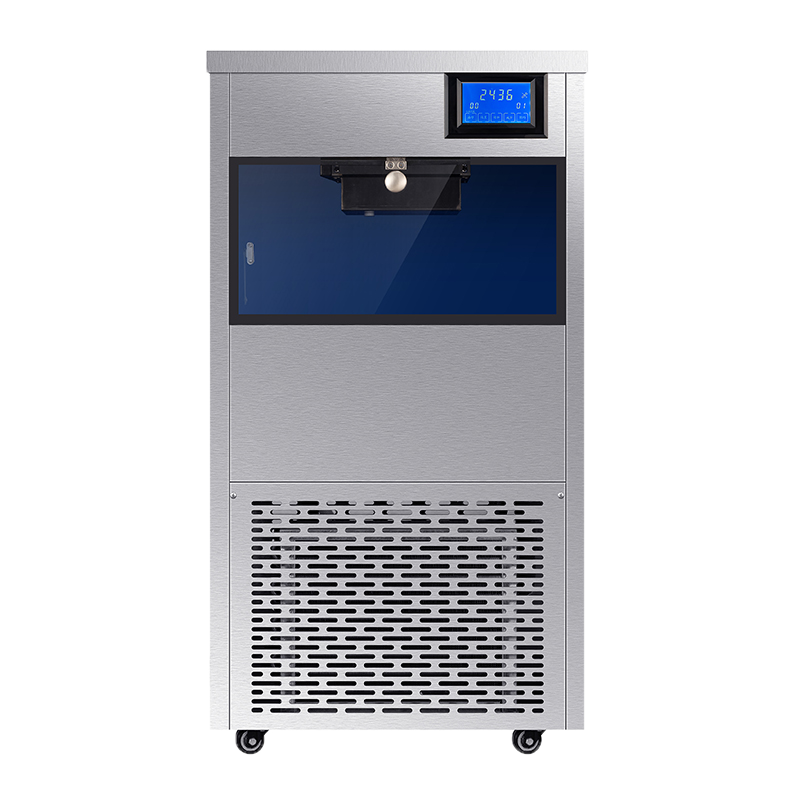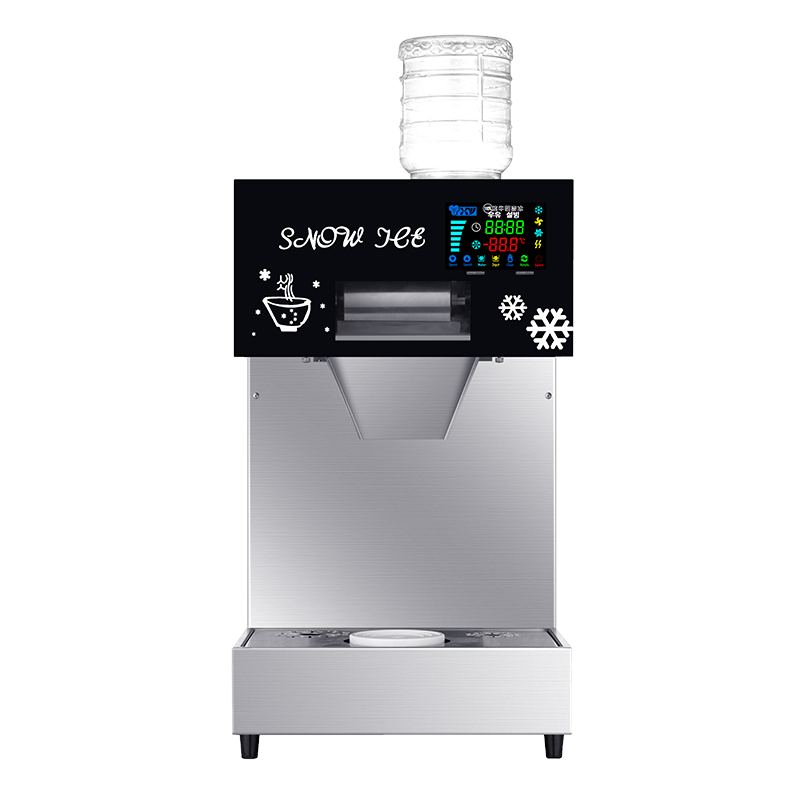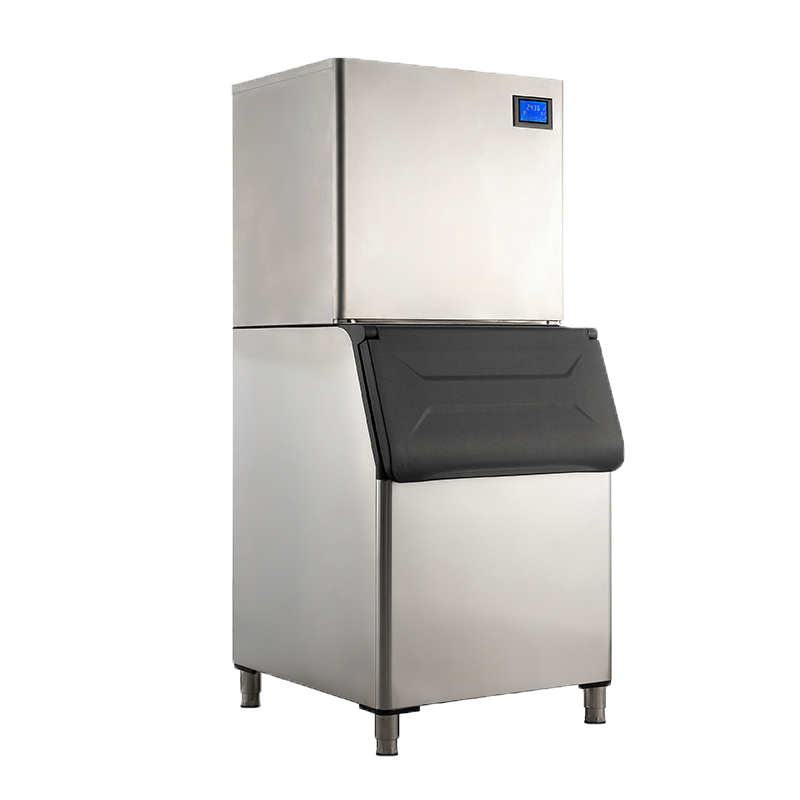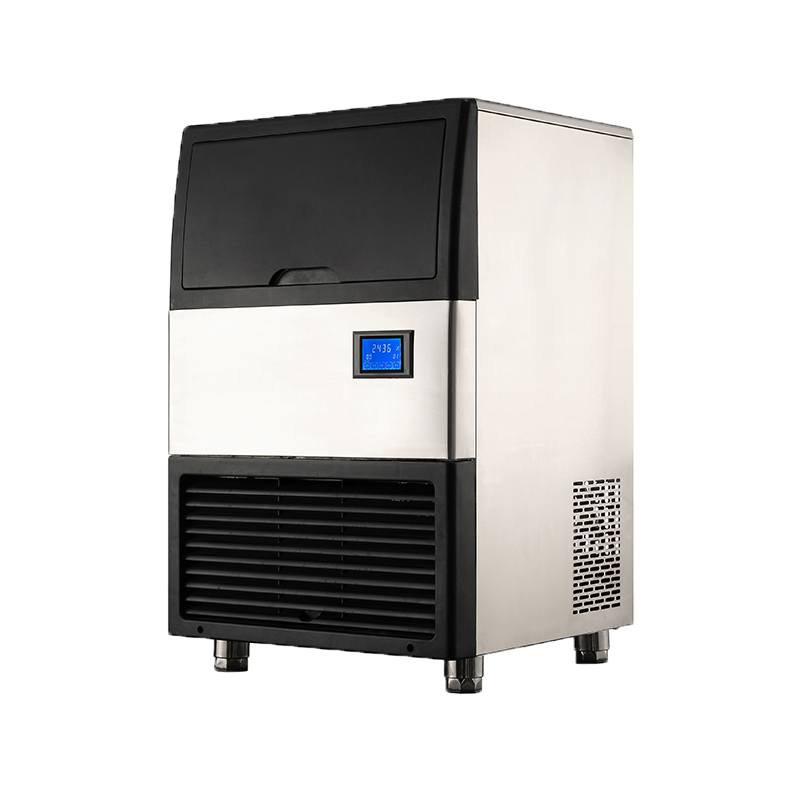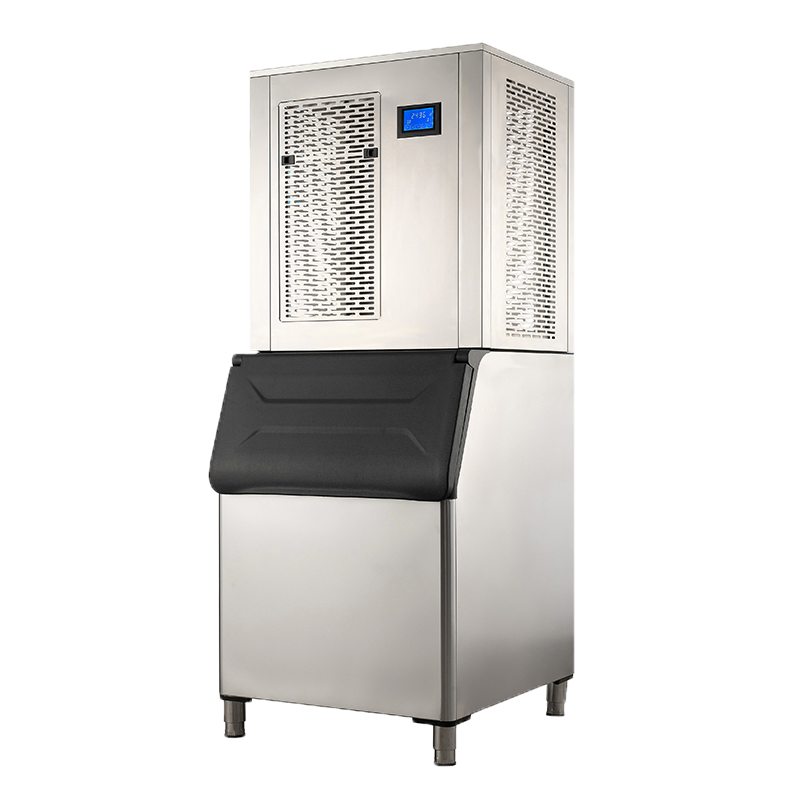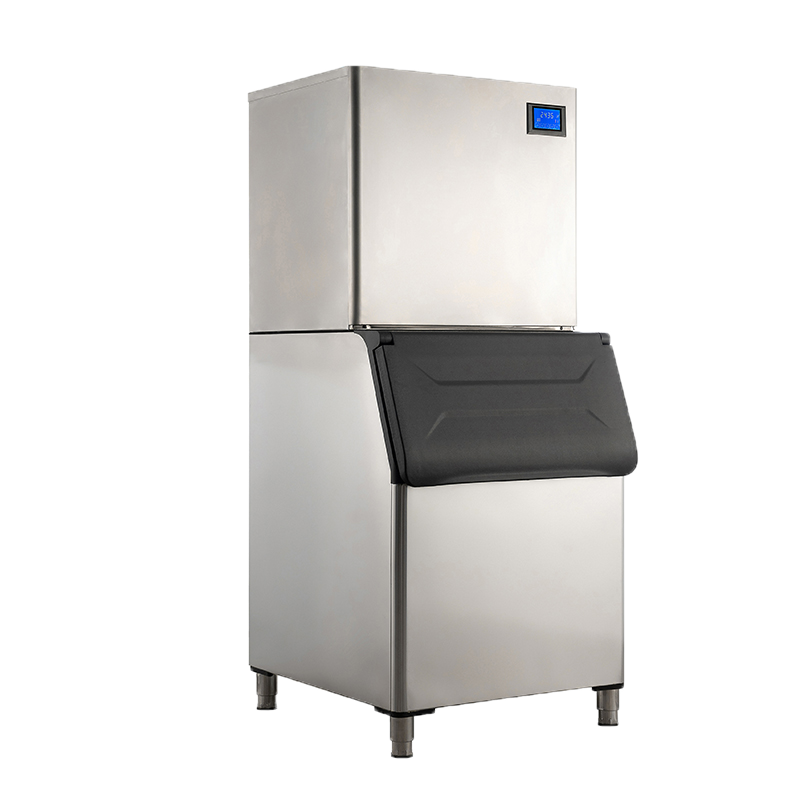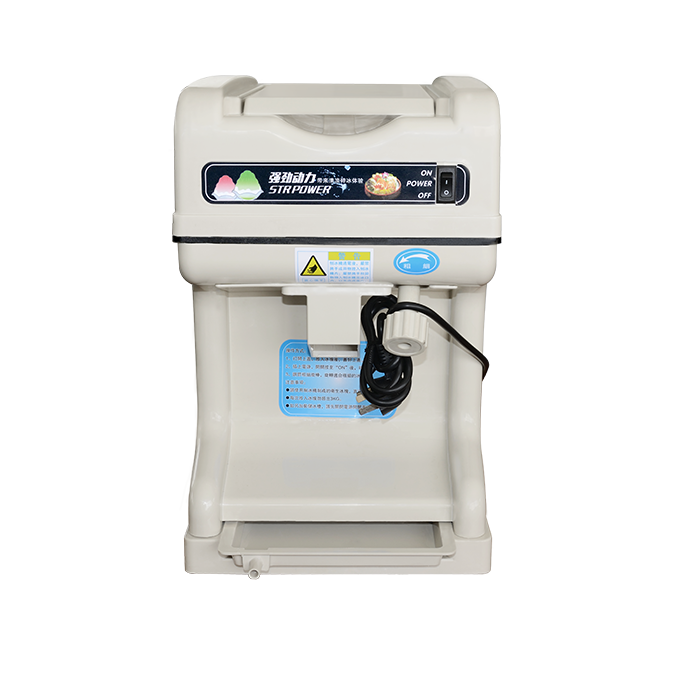Ice maker machines are a staple in both commercial establishments and households, offering convenient access to ice whenever needed. Behind the scenes, these machines rely on refrigerants to efficiently create ice. In this article, we'll delve into the world of refrigerants used in ice maker machines, exploring their different types, properties, and environmental impact. We'll also discuss the importance of choosing the right refrigerant for your ice maker machine to ensure optimal performance and minimize environmental harm.

Types of Refrigerants
Refrigerants used in ice maker machines can be broadly categorized into two main types: synthetic refrigerants and natural refrigerants.
Synthetic Refrigerants
Synthetic refrigerants are chemical compounds created specifically for use in refrigeration systems. They are highly efficient at transferring heat and are commonly used in ice maker machines due to their excellent performance characteristics.
One of the most widely used synthetic refrigerants in ice maker machines is R134a. R134a belongs to the hydrofluorocarbon (HFC) family of refrigerants and is known for its non-toxicity, non-flammability, and stability. It has a relatively low global warming potential (GWP) compared to older refrigerants like R22, making it a more environmentally friendly option.
Another common synthetic refrigerant used in ice maker machines is R404A. R404A is a blend of HFC refrigerants designed to provide high cooling capacity and energy efficiency. It is often used in larger commercial ice maker machines where rapid and continuous ice production is required.
Natural Refrigerants
Natural refrigerants are substances found in nature that can be used as alternatives to synthetic refrigerants. They are typically more environmentally friendly and have lower GWPs, making them a popular choice for environmentally conscious consumers.
One example of a natural refrigerant used in ice machines is hydrocarbons (HCs). HCs, such as propane (R290) and isobutane (R600a), have gained popularity in recent years due to their low environmental impact and excellent thermodynamic properties. They are non-toxic, non-ozone depleting, and have very low GWPs, making them ideal for use in ice machines.

Environmental Impact
The choice of refrigerant used in ice maker machines can have significant environmental implications. Synthetic refrigerants, while effective at cooling, can contribute to global warming and ozone depletion if released into the atmosphere. Natural refrigerants, on the other hand, have minimal environmental impact and are considered more sustainable alternatives.
As awareness of environmental issues continues to grow, there has been a push towards phasing out synthetic refrigerants in favor of natural alternatives. Many countries have implemented regulations and policies aimed at reducing the use of high-GWP refrigerants and promoting the adoption of environmentally friendly options.
Choosing the Right Refrigerant
When selecting an ice machine, it's essential to consider the type of refrigerant used and its environmental impact. Opting for machines that use natural refrigerants or low-GWP synthetic refrigerants can help minimize your carbon footprint and contribute to a more sustainable future.
In addition to environmental considerations, other factors such as energy efficiency, performance, and cost should also be taken into account when choosing an ice maker machine. Look for models that are ENERGY STAR certified and have high efficiency ratings to ensure optimal performance and lower operating costs over time.
Refrigerants play a crucial role in the functionality and environmental impact of ice machines. By choosing the right refrigerant, consumers can enjoy the benefits of ice production while minimizing their environmental footprint. Whether it's synthetic refrigerants with low GWPs or natural refrigerants with minimal environmental impact, the choice of refrigerant can make a significant difference in the sustainability of ice maker machines.
As technology continues to advance, we can expect to see further innovations in refrigeration technology, including more efficient and environmentally friendly refrigerants. By staying informed and making conscious choices, we can all contribute to a more sustainable future while enjoying the convenience of ice maker machines.


